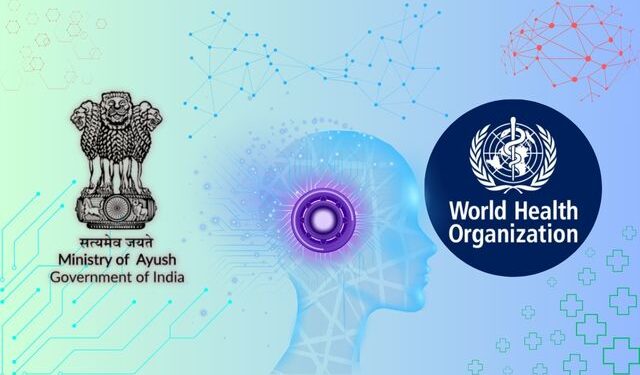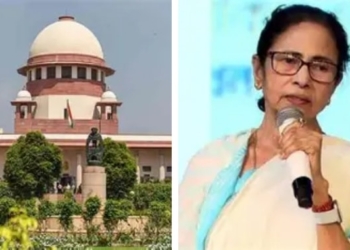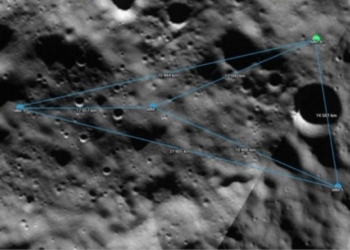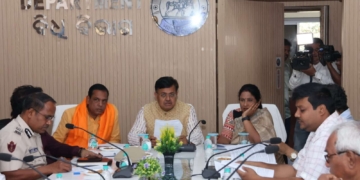In a landmark achievement, the World Health Organization (WHO) released its first-ever technical brief, “Mapping the Application of Artificial Intelligence in Traditional Medicine,” on July 12, 2025, spotlighting India’s pioneering role in merging Artificial Intelligence (AI) with its Ayush systems—Ayurveda, Siddha, Unani, Sowa Rigpa, and Homoeopathy.
India, the first nation to propose this integration, has shaped WHO’s roadmap for AI in traditional medicine, aligning with Prime Minister Narendra Modi’s vision of leveraging AI for inclusive healthcare, as highlighted at the 2023 GPAI Summit.
India’s innovations include AI-driven diagnostic tools that blend traditional methods like pulse reading and Prakriti assessment with machine learning, enhancing accuracy and personalising care. The groundbreaking Ayurgenomics project, combining Ayurveda with genomics, uses AI to identify disease markers and tailor health recommendations. The WHO also praised India’s Traditional Knowledge Digital Library (TKDL), a global model for preserving indigenous medical heritage, and AI tools for cataloguing ancient texts and analysing herbal formulations.
The Ayush Grid, launched in 2018, underpins digital platforms like the SAHI, NAMASTE, and Ayush Research Portals, fostering evidence-based healthcare. AI-powered chemical sensors assess traditional parameters like Rasa and Guna, modernising formulations. The WHO notes India’s Ayush sector drives a US$43.4 billion market, boosting economic growth. Digital literacy initiatives and interoperable systems further integrate traditional medicine into mainstream healthcare.
Union Minister Prataprao Jadhav emphasised India’s commitment to advancing traditional medicine through technology, while Secretary Vaidya Rajesh Kotecha highlighted the Ayush Grid’s role in global healthcare integration. India’s efforts not only preserve centuries-old wisdom but also position it as a leader in personalised, evidence-based healthcare, fostering global collaboration under the WHO’s framework.






























